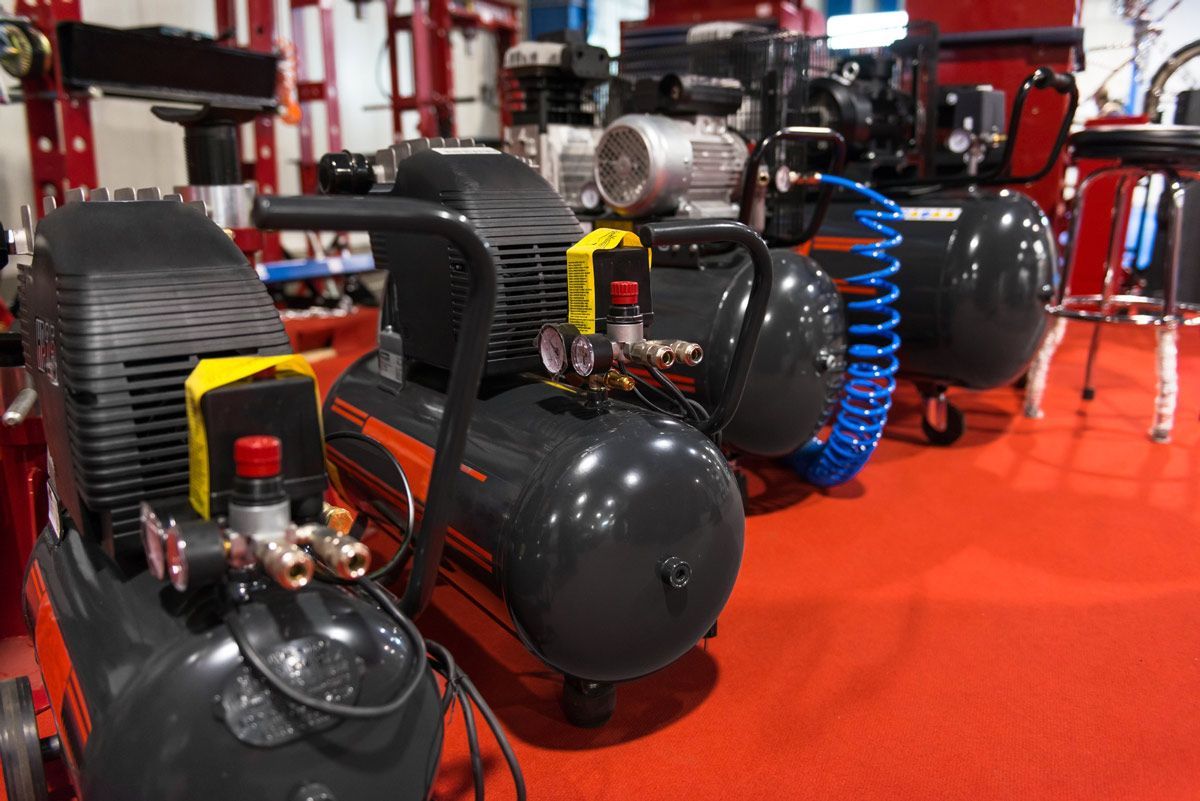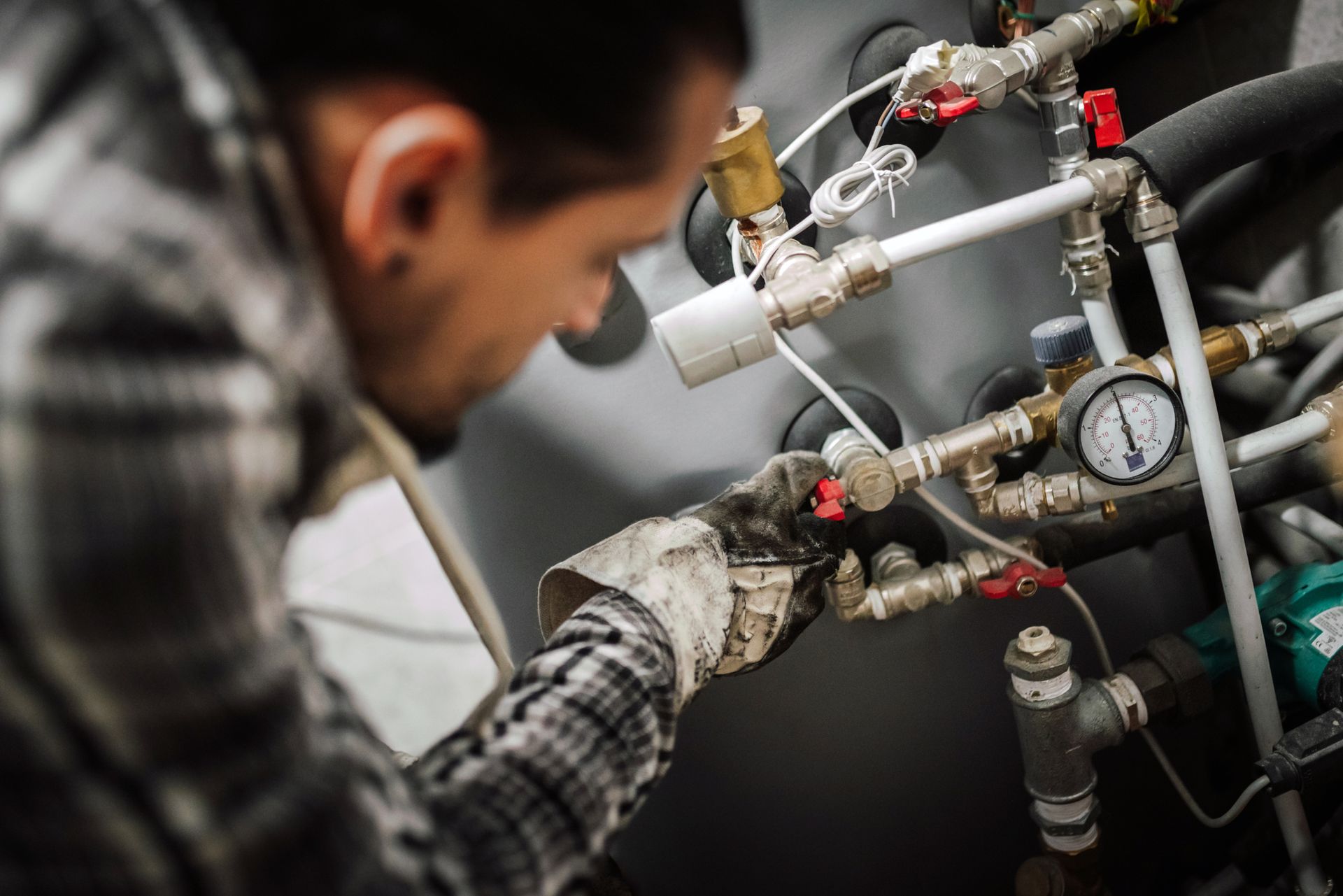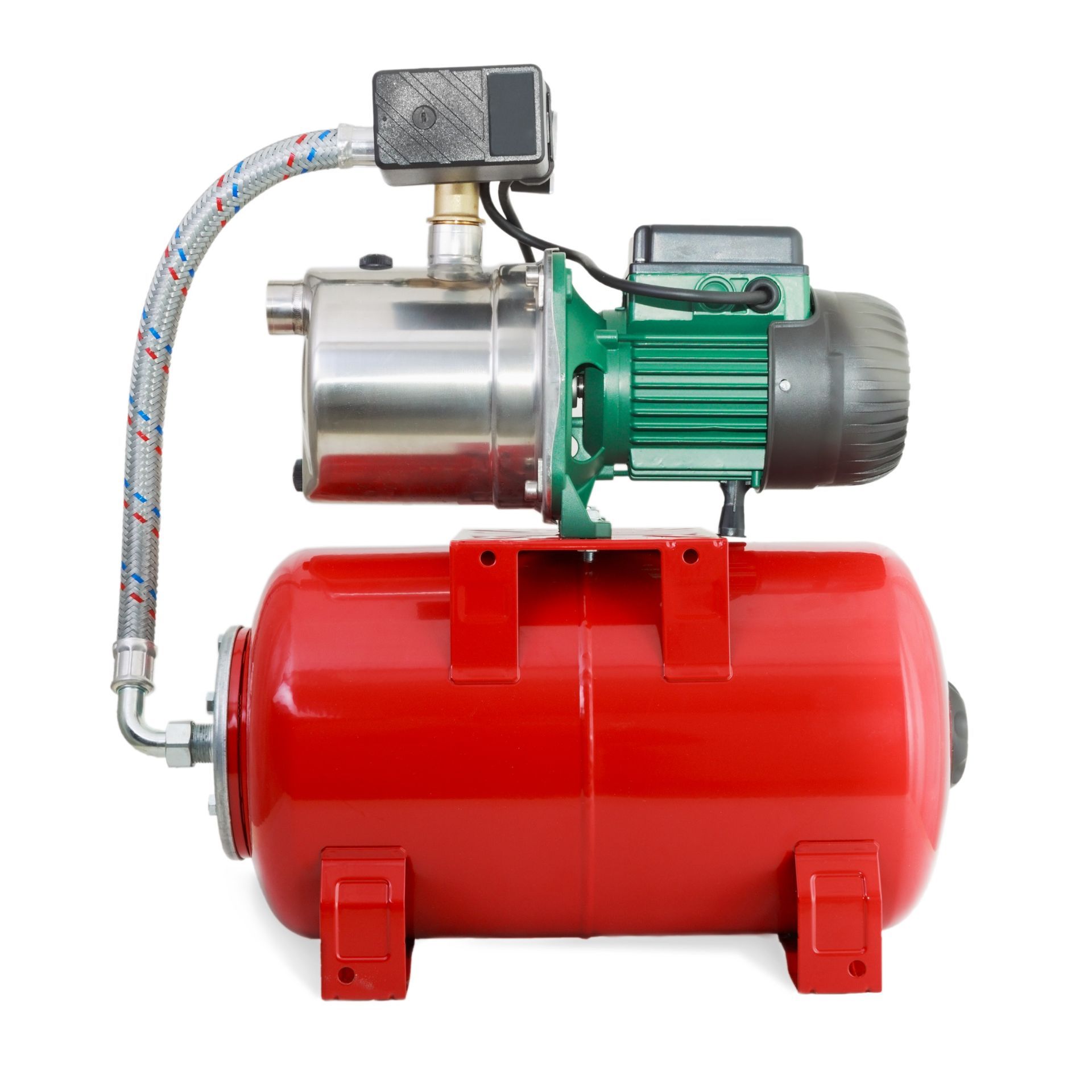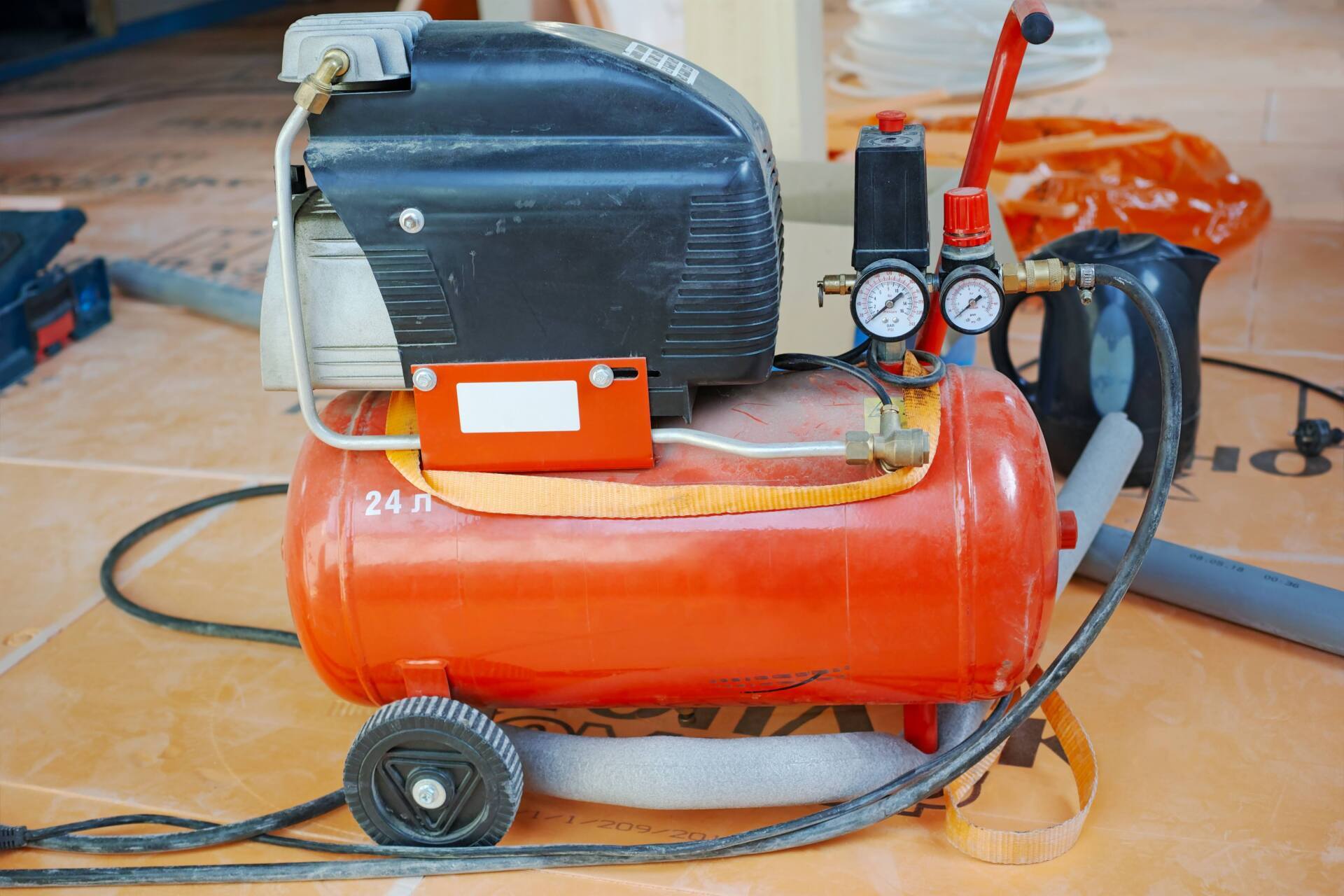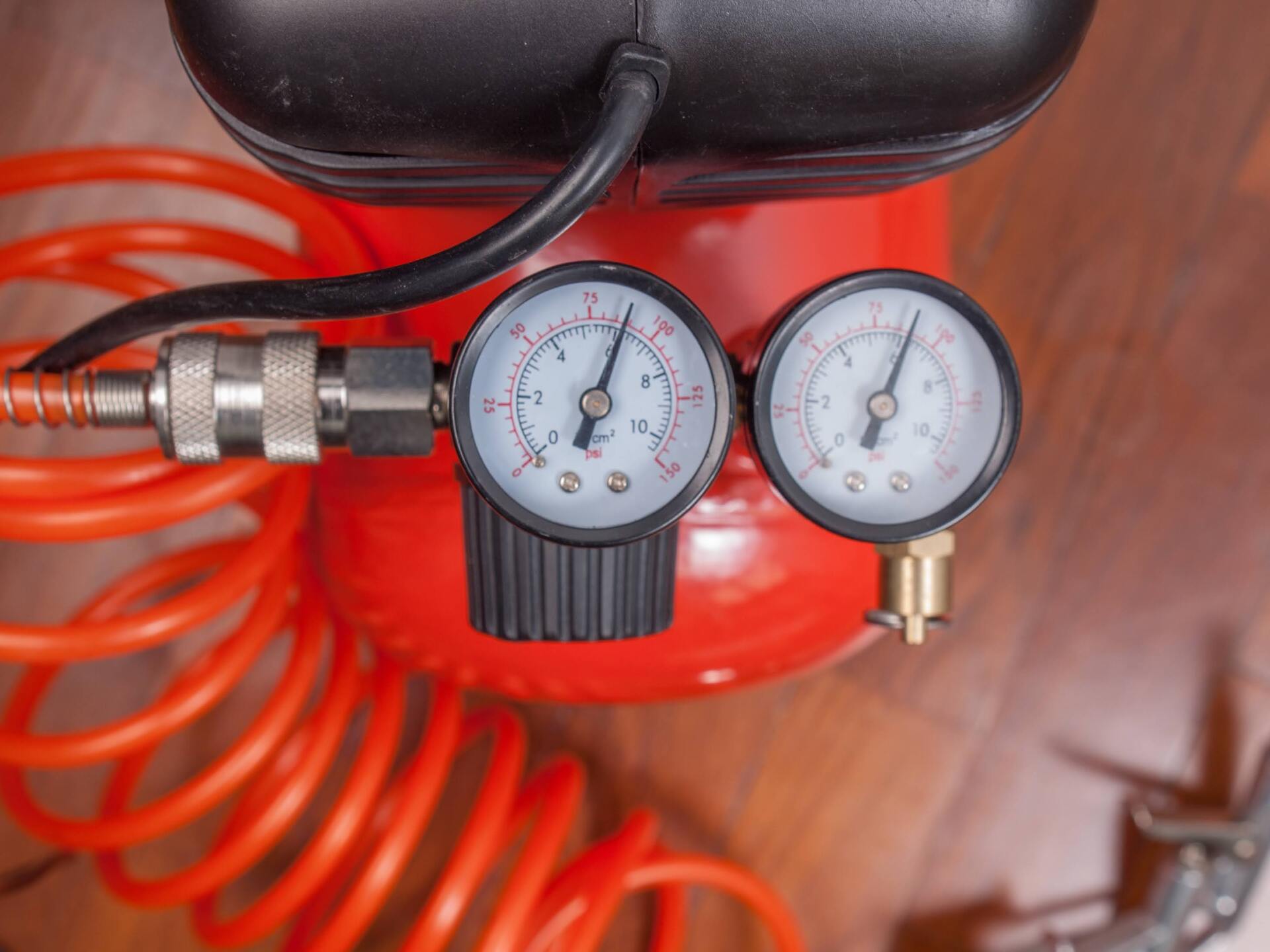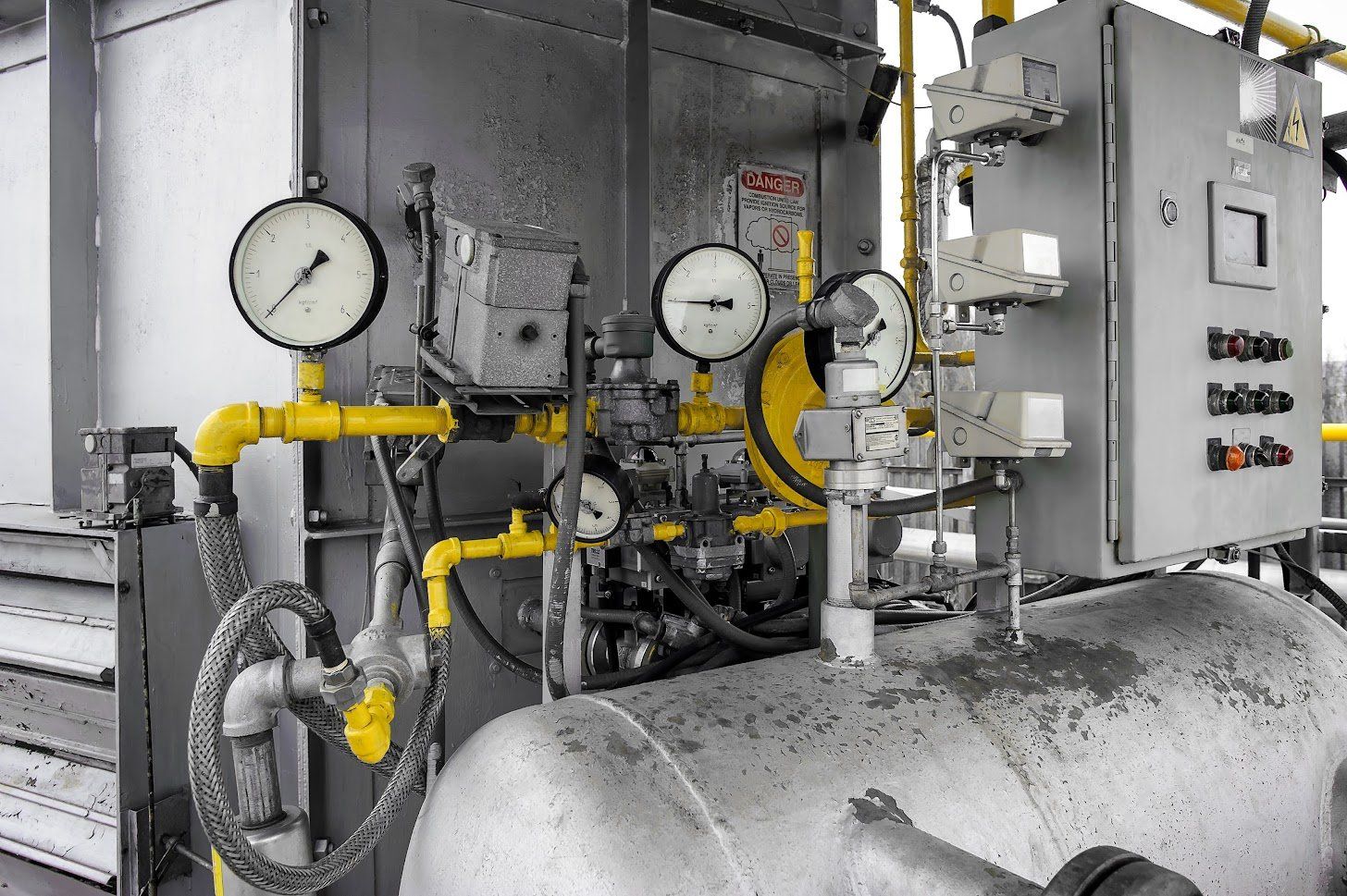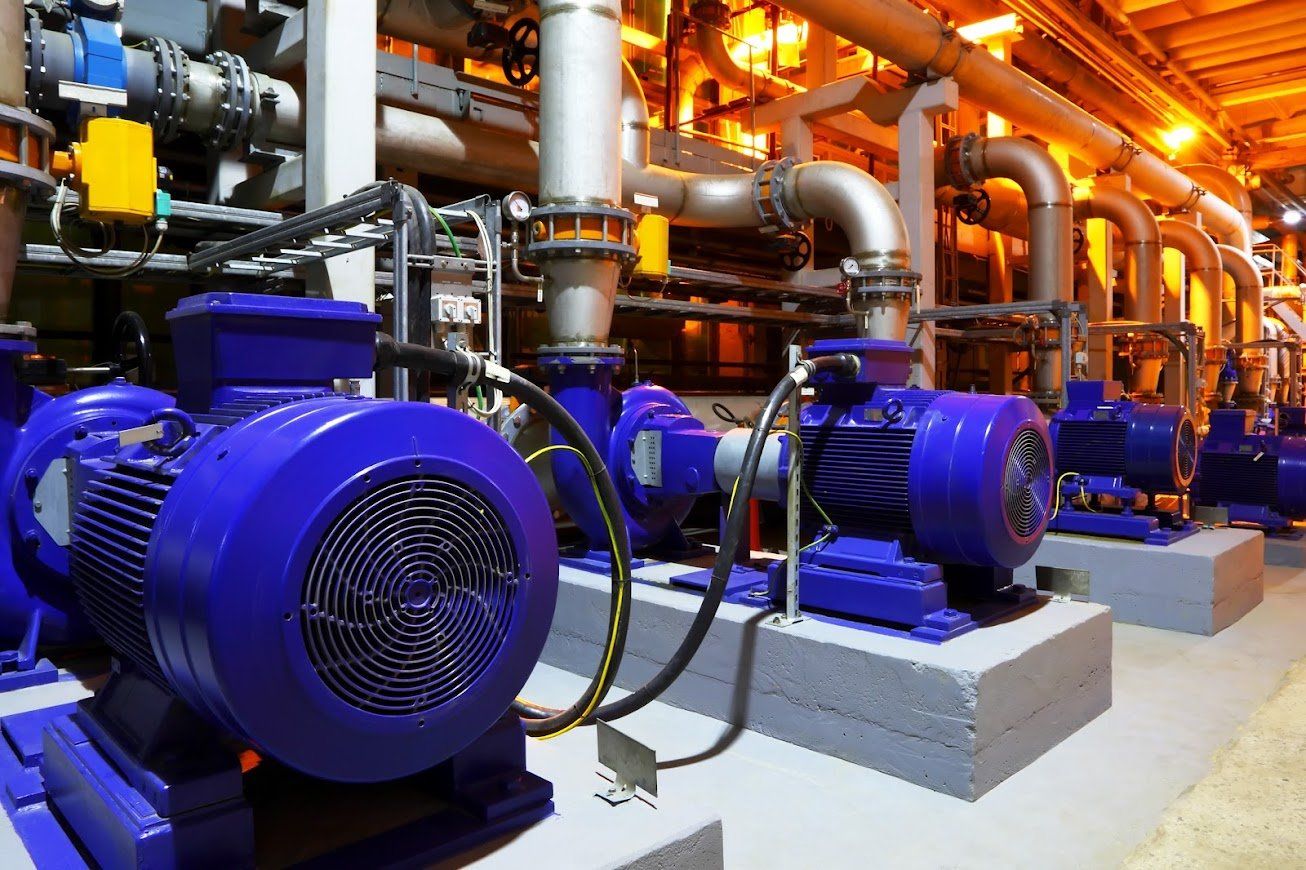5 Tips to Use Your Air Compressor More Efficiently
5 Tips to Use Your Air Compressor More Efficiently
- By Admin
- •
- 15 Apr, 2021
- •

If your company uses air compressors on a regular basis, you want to be sure that they work efficiently. Your efforts may involve regular maintenance and necessary repairs, but they should also include best practices during everyday use. Not only will these strategies help you use your air compressor more efficiently, but they will also increase speed and safety.
Here are five tips that
will help you optimize your air compressor as you use it every day.
1.
Pay Attention
to
Placement
Your air compressor should always sit on a flat, stable surface while in use, whether it's bolted there permanently or it gets wheeled around to different locations. A flat surface will keep interior fluids level and airflow consistent, especially if your air compressor uses oil.
Additionally, air compressors often vibrate while they are in operation, so a stable surface
will prevent them from shaking loose and falling over. Making sure your air compressor is both level and stable will prevent damage or injuries
from occurring.
2. Reduce Friction
As air circulates throughout the air compressor system, it creates friction. To get your air compressor to work faster and more efficiently, your aim should be to reduce this friction as much as possible.
Your hoses are a main source of surface
friction, so many experts recommend that air compressors utilize hoses that are around 3/8"
in diameter. This particular size is a happy medium;
any smaller will constrict airflow, while larger sizes provide more surface area inside the hose, and therefore more friction.
For the same reasons, you should keep hose lengths shorter. Running a long hose across
the floor will create a lot of friction
and slow the flow of air. If your air compressor is an inconvenient distance away from your project, you can use auxiliary tanks to join two lengths of hose, which will minimize pressure loss and energy loss due to friction.
Similarly, you can keep
the moving parts of your air compressor well lubricated to reduce energy loss
in the engine.
3. Keep Things Cool
Much of the energy lost from friction is translated to heat, so things can quickly heat up in the vicinity of your air compressor when it's in use. Unfortunately, warm air is more difficult for your air compressor to work with. Warm air expands, which ensures that your air compressor uses more energy and time to compress it.
Some air compressors come equipped with heat exchangers and refrigerant systems to cool incoming air, but if your air compressor doesn't have that kind of assistance, keep an eye on heat levels and give your compressor a break when things get too hot. Not only will
this prevent damage, but also it will
give your air compressor a chance to cool down and work more efficiently in the long run.
4. Keep Things Clean
As an air compressor pushes air through its system, it filters the air to reduce contaminants and particles. It also collects moisture from the air into a receiver
tank. Be sure to clean filters and empty the receiver tank regularly to ensure
that there's no buildup in the system. System buildup can slow your air compressor, lead to mechanical problems, and contaminate the compressed air. Keeping your air compressor clean will also reduce friction and increase efficiency.
5. Use the Controls
Depending on the complexity of your air compressor system, your unit will be equipped with certain controls. Make sure that everyone who uses the air compressor is familiar with these controls and what they do. Many of them, such as modulating controls and variable displacement controls, offer more efficiency and adaptability than the simple on/off switch.
Ensure that you read the user's manual and understand the functions of different controls, especially if your air compressor needs to adapt to different airflow and pressure demands. Being able to adjust speed and output will be tremendously helpful, not to mention efficient.
Contact
Compressed Air Systems for more information
and for any air compressor services.
- Mon - Fri
- -
- Sat - Sun
- Appointment Only






Serving Whatcom, Skagit, Snohomish King, and Pierce Counties.


